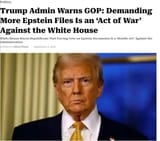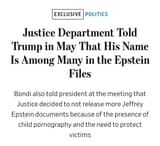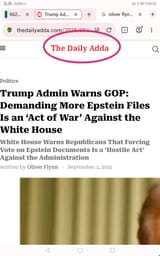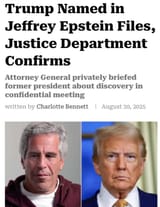>>514767156 (OP)
In the United States, knowingly revealing the location or new identity of a person in the federal Witness Security Program (WITSEC) can be a serious federal crime
. If a person in WITSEC is subsequently harmed, a person who divulged their identity could face serious charges, including being an accessory to a crime. The federal government takes such actions extremely seriously because the entire purpose of the program is to protect witnesses who risk their lives to testify against dangerous criminals.
The federal law
The protection for witnesses is established under the Organized Crime Control Act of 1970 and managed by the U.S. Marshals Service. The law protects federal witnesses and their family members before, during, and after a trial. The U.S. Marshals Service has successfully protected thousands of witnesses and their dependents since the program began in 1971.
Potential legal consequences
While federal laws do not explicitly list "outing a protected witness" as a specific crime, legal action can be taken under related charges. The exact charges and penalties would depend on the circumstances and the outcome of the action.
Obstruction of justice: If the disclosure is made with the intent to interfere with a criminal prosecution, a person could be charged with obstruction of justice.
Conspiracy: If the person who reveals the identity conspires with criminals to endanger the witness, they could face conspiracy charges.
Accessory charges: In the worst-case scenario, if harm comes to the witness, the person who "outs" them could be charged as an accessory to any resulting crimes, such as assault or murder.
Why protection is so important
Witness protection is offered when the government believes there is no other way to keep a person alive after they testify against dangerous criminals. For many witnesses, especially those informing on organized crime, their life is at immediate risk.
A president could be impeached for outing a witness
 9/4/2025, 5:24:46 AM
No.514767156
>>514767246
>>514767394
>>514767451
>>514767559
>>514767768
>>514768420
>>514768457
>>514768480
>>514768513
>>514768950
>>514768985
>>514769348
>>514769794
>>514769818
>>514769851
>>514769864
>>514769941
>>514769943
>>514770110
>>514770196
>>514770378
>>514770447
>>514770932
>>514770964
>>514770973
>>514771495
>>514772809
>>514773139
>>514778453
>>514780607
>>514781561
>>514784145
>>514785872
>>514786037
>>514786151
>>514787588
>>514787658
>>514787866
>>514788251
>>514788564
>>514789147
>>514790561
>>514790796
>>514790894
>>514794948
>>514797275
>>514797294
>>514798508
9/4/2025, 5:24:46 AM
No.514767156
>>514767246
>>514767394
>>514767451
>>514767559
>>514767768
>>514768420
>>514768457
>>514768480
>>514768513
>>514768950
>>514768985
>>514769348
>>514769794
>>514769818
>>514769851
>>514769864
>>514769941
>>514769943
>>514770110
>>514770196
>>514770378
>>514770447
>>514770932
>>514770964
>>514770973
>>514771495
>>514772809
>>514773139
>>514778453
>>514780607
>>514781561
>>514784145
>>514785872
>>514786037
>>514786151
>>514787588
>>514787658
>>514787866
>>514788251
>>514788564
>>514789147
>>514790561
>>514790796
>>514790894
>>514794948
>>514797275
>>514797294
>>514798508



























































